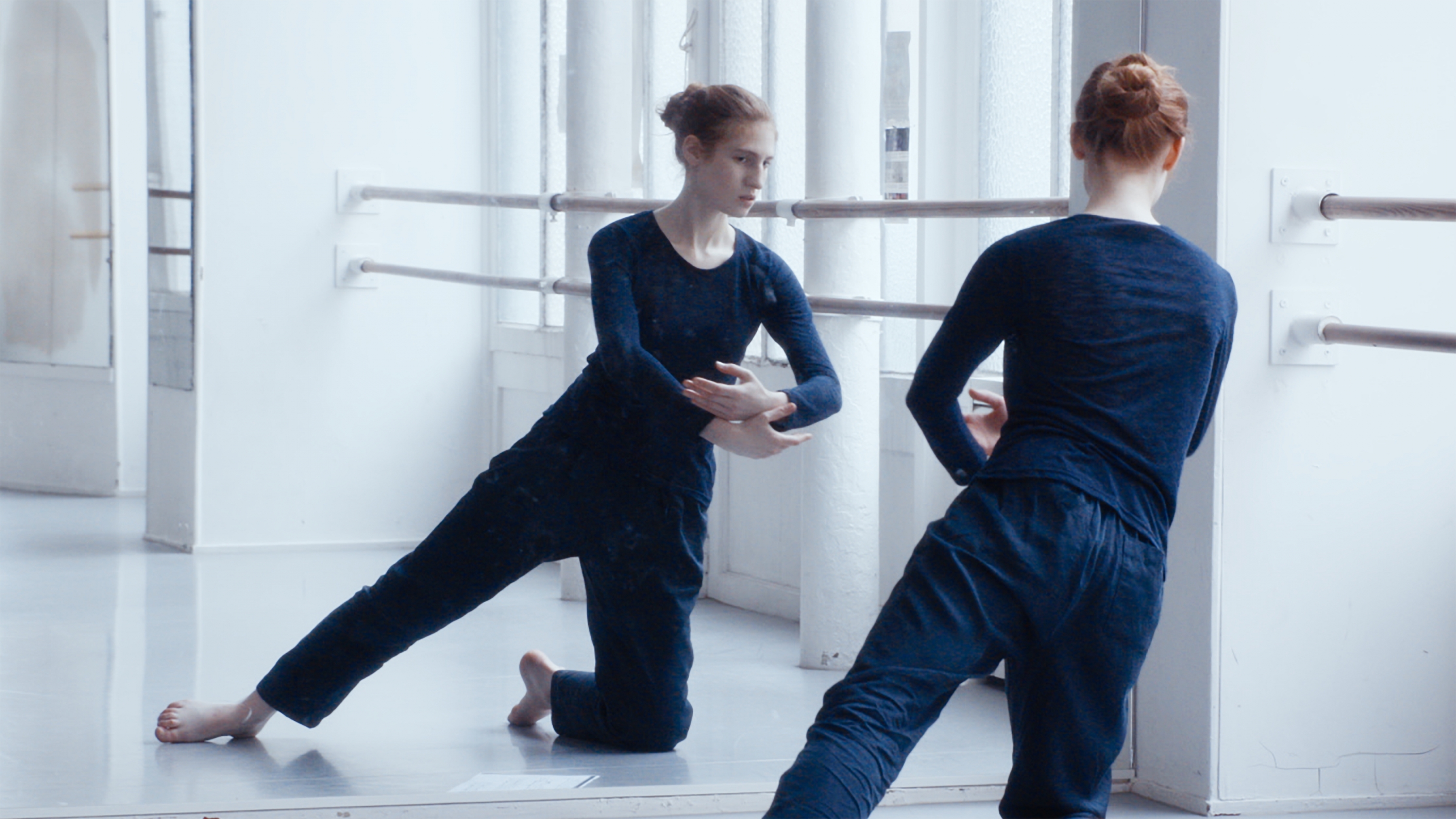CHICAGO—A triptych of films screened Thursday to Sunday, collectively marketed under the header In Focus: Dance, forms an anchor point of the 2019 Chicago International Film Festival, North America’s longest-running competitive film festival. The films—director Levan Akin’s And Then We Danced, Isadora’s Children, directed by Damien Manivel, and Cunningham, a documentary on Merce Cunningham directed by Alla Kovgan—run concurrent to Between Gestures, a multi-venue festival which aims to introduce Chicago audiences to the pulse of Europe’s live arts scene. Between Gestures is a joint effort between the Goethe-Institut Chicago and the Cultural Service of the Consulate of France in Chicago, and includes performances, lectures, workshops and screenings.
The three films on view share little in common, and aren’t aren’t dance films, per se. Rather, And Then We Danced and Isadora’s Children, both feature-length dramas, offer views of how dance permeates and, at times, creates conflict, tension and introspection in people’s lives.
Isadora’s Children takes place in the present, but zooms in on a decisive moment in Isadora Duncan’s life. The dancer and choreographer, who is considered by many to be the founder of American modern dance, created her solo Mother in 1921. Set to Alexander Scriabine’s Etude Opus 2, No. 1, the piece is a mournful dedication to her children. A son and daughter drowned in the Seine River in 1913 when the car carrying them ran off the road. Duncan gave birth again a year later to a son who died in infancy. Tragedy found its way to Isadora Duncan throughout her life, and at its end when she died from strangulation when her scarf got caught in the axle of a car. But her children’s deaths are said to have particularly haunted her.
Isadora’s Children follows four women who encounter Duncan’s solo Mother in various ways. A young woman, perhaps a scholar, reconstructs the solo from notations. A stager, who is coping with her own two children moving away, sets the work on Manon, a young woman with Downs Syndrome. And an audience member who’s come to watch Manon perform makes a solitary journey home while tracing her personal connections to Duncan the dancer, and the woman.
Isadora’s Children is a subtle, beautiful example of how dance can intertwine with our daily lives, as part of the fabric of a day, or even our identities.

These are sometimes at odds with one another, as is the case with And Then We Danced, the story of a young man on the brink of getting into the Georgian National Ballet. Merab (Levan Gelbakhiani) struggles with the conflicting roles of family, tradition and cultural identity, and sexuality, yielding to his infatuation when a new dancer, Irakli (Bachi Valishvili), captures his heart. Although Georgia is one of few former Soviet states to pass legal protections for LGBTQ people, Merab is shunned to the margins when his peers discover he is gay. The subtle homophobia which goes on in the dance studio and in conservative communities, and Merab’s snuggle to negotiate these disparate parts of his identity, are part and parcel for films blending dance with a coming out story—the narrow focus of And Then We Danced, however, exploring these themes within Georgian culture, is what makes this beautiful film one to watch.
—
The In Focus: Dance series at the Chicago International Film Festival continues through Sunday at AMC River East, 322 E. Illinois St. Show times are as follows:
- And Then We Danced: 5:30 p.m. Friday
- Cunningham: 5:45 p.m. Friday and 6:30 p.m. Saturday
- Isadora’s Children: 12:15 p.m. Sunday
For more information visit https://www.chicagofilmfestival.com
Header photo: Still from “Isadora’s Children”
